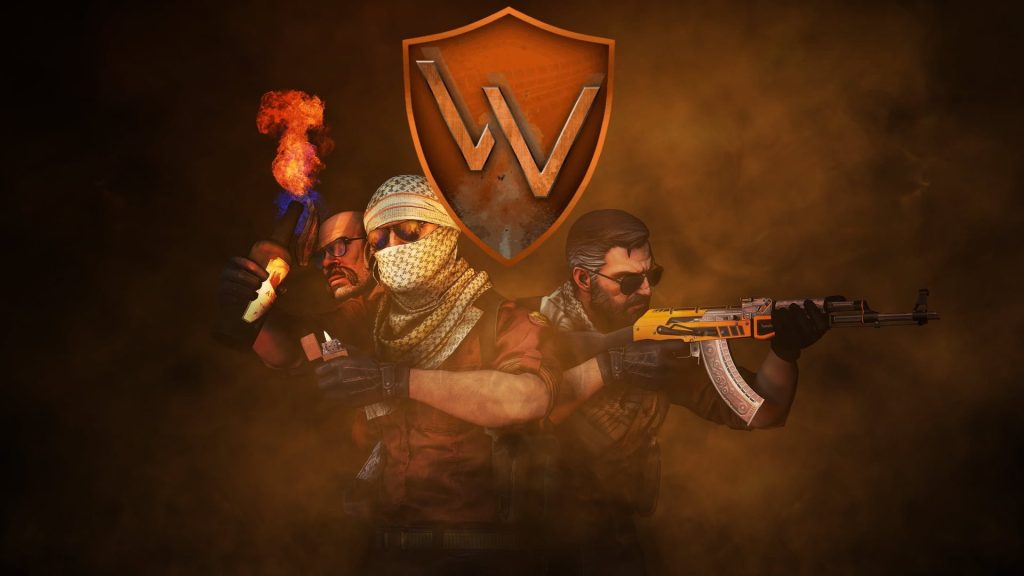
The gaming industry continues to evolve, especially thanks to online gaming opportunities and the integration of new, innovative technologies. One of those technologies is cryptocurrency. Crypto payments offer a degree of anonymity and privacy that fiat payments can’t afford, but cryptos like Bitcoin do have barriers to entry. Despite these barriers, companies are finding ways to implement them into their games, while greater education and exposure to cryptocurrency means they are becoming a more popular payment option in gaming.
iGaming
iGaming is just one category of gaming, but it has an obvious need for effective payment integration. Players need to deposit money to be able to play, and withdraw their winnings. At a Bitcoin casino, they can do that using cryptocurrency. In some cases, this means manually buying and sending payments via crypto wallets. In other cases, it can mean the use of crypto-supported payment gateways. And, in some instances, it is even possible to buy crypto directly from the site.
Similar crypto options are becoming available in other games, including online games. And, as platforms like Sony and Microsoft investigate ways to implement crypto into their frameworks, and companies like Ubisoft develop and launch blockchain games, the options will increase further.
Direct Payments
When cryptocurrencies were first accepted on gaming platforms and directly within games, players had to directly send crypto payments, and this remains an option in a lot of games. The player needs a cryptocurrency wallet, has to buy crypto from an exchange or directly from another party, and then has to send that payment to the gaming company.
Because crypto is decentralized, there is no bank or financial institution to manage payments or ensure that parties are treated fairly, which can deter some gamers.
The immutable records can help prevent payment fraud, which is beneficial to gaming companies, but this also means that refunds are a lot more difficult for gamers.
Direct payments also require some degree of technical proficiency. Although modern crypto wallets are more advanced, including features like payment links and QR payments, some players would rather avoid having to send Bitcoin payments in this way.
Payment Gateways
When you pay for services online, or via an online platform, that payment is processed via a payment gateway. A payment gateway is provided by a financial company that
This takes the payment and then routes it through to the recipient’s account. These are commonly used for fiat transactions and are becoming increasingly common in cryptocurrency payments.
A crypto payment gateway means the player can pay using any of a variety of payment methods, often including local currency, and the gateway automatically converts it into the recipient’s chosen currency. As such, the game maker or server provider never has to hold or accept cryptocurrency in the first place.
The sender still needs to send payment via a crypto wallet, however, which means this method can still put some potential players off.
The payment gateway provider acts as a third-party provider, of sorts. Users can check that the company is authorized and licensed, which brings an additional layer of confidence when using this payment method.
Payment gateways can even be linked to the game company’s standard bank account so that payments can be processed and paid directly to the recipient’s bank account.
Other Crypto Payment Services
Some sites offer other cryptocurrency payment solutions. For example, because of the way that payment gateways work, players can deposit using fiat currency and effectively use that local currency to buy a cryptocurrency like Bitcoin.
Other Crypto Uses In Gaming
Cryptocurrency is also being used in other ways in the gaming industry, some of which directly influence payments and deposits.
Play-To-Earn Games
For example, play-to-earn games use cryptocurrencies as rewards for players. The player may have to deposit some crypto to start but, as they play or complete certain objectives or milestones within the game, they will be rewarded with cryptocurrency.
The player can continue to play the game and keep earning currency, which can either be held or sold, on the platform or, in some cases, on open marketplaces. As well as incentivizing players to play more, it also offers real monetization for their efforts.
NFT Games
Some games use NFTs, which are digital collectibles minted on the blockchain. Every NFT is unique and the owner receives the private keys to the NFT, just as they do when they own cryptocurrency. Like crypto, NFTs can be traded on open markets, and held in cryptocurrency wallets, although they typically require the use of specialist markets and wallets.
Ubisoft has created and launched an NFT-based game, which shows that it is likely to become an increasingly popular option among game publishers and distributors.
Crypto Governance Tokens
Cryptocurrency tokens can be used as governance tokens, giving holders the right to vote on certain issues. For gamers, this could mean voting on which new features will be implemented in games, or which new DLC or map packs are launched. Tokens are popular in the sports industry, have become popular in eSports, and are gaining prominence in other areas, too.
Conclusion
Cryptocurrency and blockchain have the potential to change the gaming industry, and we are already starting to see companies incorporating them in innovative ways. Play-to-earn and NFT-based games are becoming popular, while cryptocurrency payments are becoming easier and more accessible for all, which is seeing them being integrated into games and platforms. As the technology continues to improve, so too will the crypto offerings players have access to.

